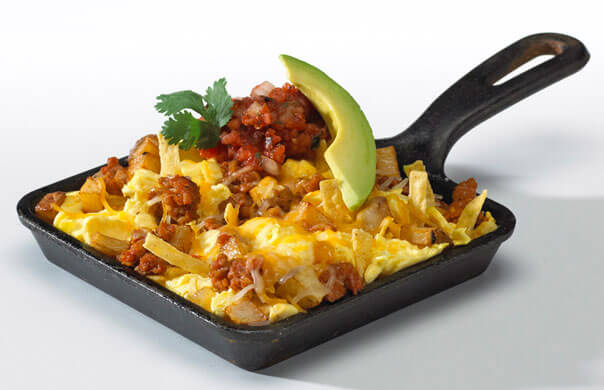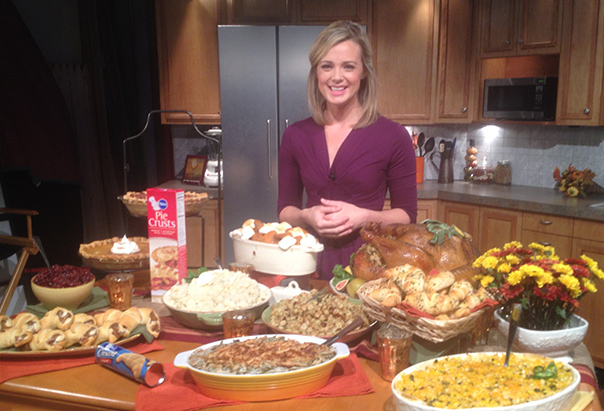Recipe Development: How it’s Done
Anyone who’s ever experimented in the kitchen has, to some degree, dabbled in the art of recipe development. Every time you’ve created the perfect roast beef sandwich or tried adding panko to the meat loaf instead of regular bread crumbs, you’ve engaged in blatant acts of recipe development. And to the professionals, recipe development is how cookbooks get written.
How is it done? Mostly, lots of trial and error. And experimentation. And taste-testers… lucky, lucky taste-testers.
The first and most important part of recipe development: Bring your experience to the table. That means, of course, having experience in the first place. Like anything else, being a good chef requires hours and hours and hours of practice. And good recipe development means using that experience in a way that most benefits your recipes… and most often, that means doing it unconsciously. Great chefs create great recipes because they’ve been taught, through time and trial, how different ingredients will react with one another, how they taste on their own, and what kind of combinations just wouldn’t work.
So if you’re interested in creating the perfect recipe, get in the kitchen and start learning. Go to a cooking demonstration or take a cooking class. Learn as much as you can, and learn by doing.
Most often, recipe development happens organically as we learn more about the culinary arts. Other times, recipe development is simply a matter of standing on the shoulders of giants. We’ve all done http://toponlinelexapro.com this at one time or another, even at the most elementary level: Adding some chopped scallions and a bit of hot sauce to the boxed mac-and-cheese, or dropping half a teaspoon of almond extract into the sugar cookie batter.
Professional chefs do this too. For some, recipe development is a matter of altering existing recipes, or letting inspiration strike when dining at another restaurant. That’s how some dishes enjoy sudden popularity — chefs enjoy something they’ve sampled, then head back to the kitchen to create their own version.
Of course, there’s also recipe development from the ground up. That’s when the professional or amateur chef conceives an idea and gets to work in the kitchen making that idea a reality. That’s how something like deep-fried macaroni and cheese, or apricot-glazed spareribs, come to be: A chef has an idea that he or she simply must try out.
But a good recipe isn’t developed overnight. A truly great recipe goes through multiple incarnations until it reaches perfection. Chefs try new approaches, alter ingredients slightly, or vary cooking times. And each time a recipe sees a new incarnation, some lucky person gets to taste-test it. After much trial and error, a new recipe is born.
So there you have it: Recipe development made simple. It’s not hard — it just takes long hours of practice, experimentation, and fun.
BACK TO ALL POSTS

